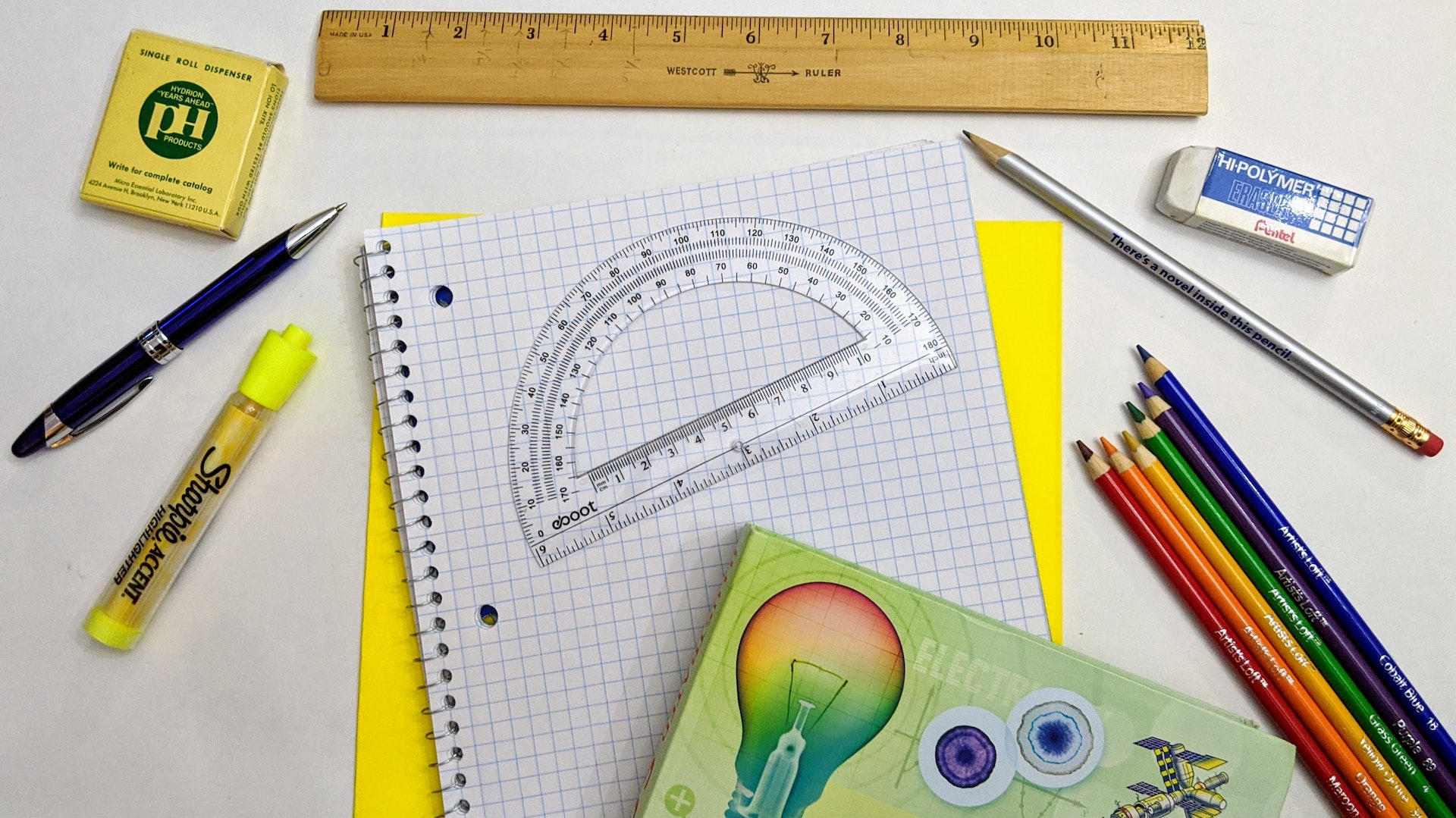By Greg Lafferty
Stress can peak for teens during exam season as they juggle revision for a variety of subjects at one time. Many feel the pressure to perform highly, and this can lead to them getting overwhelmed and burned out. It’s important to teach teens how to alleviate stress and to support them in managing their revision so they feel prepared for exams. Here are eight techniques teens can use to manage their revision stress.
1. Create a revision timetable
When teens have lots of different classes to study for and a busy exam timetable looming over them, there’s little wonder they get overwhelmed. A great way to alleviate stress is to formulate a plan on how to tackle revision. By creating a schedule for revision they can make sure they’re committing enough time to each subject, and they have an actionable plan that they can tick off as they go. Make sure they schedule in time for breaks and fun activities. This can help them stay motivated as they have good things to look forward to while steadily working through their timetable.
2. Take frequent breaks with the Pomodoro method
Studying for long stretches of time is not as effective as studying in short bursts. The brain needs plenty of short breaks to connect information and store it properly. That’s why it’s a great idea to encourage teens to use the Pomodoro technique. This is where they set a timer to revise for 25 minutes, then take a 5-minute break when the timer goes off. They can repeat as often as they like, but it’s usually a good idea to do two Pomodoro rounds before taking a longer break. This technique is a great way to get teens to focus because 25-minute study blocks feel short and accessible.
3. Study with friends
Revising with friends is a great way to help teens stay focused and feel less stressed. Group study sessions can make it easier for teens to engage with the material and retain information since they can talk it through and share notes to aid understanding. The process of coming together to study has important social benefits too. Teens can share their stress or worries with friends who are going through exactly the same process, and they often feel less alone as a result.
Plus, there’s evidence to suggest that studying with others could improve grades. One older study from 2014 found that 23% more university students passed their exams with the support of a study buddy than those who studied by themselves.

4. Ask for help
It sounds simple, but an important way to alleviate revision stress is for teens to ask for help when they need it. Many students worry that asking parents or teachers for support might be interpreted as them not working hard enough or falling behind with their studies. It’s vital that parents and teachers remind teens that they can always ask for help and that doing so is a sign that they’re engaged in their studies and keen to succeed. Help can come in many forms. For example, it could be a listening ear and emotional support, a temporary break from chores at home to make time for revision, or extra study sessions with teachers to improve understanding of a topic.
5. Make time for exercise
Exercise is a brilliant way to relieve stress and anxiety because it triggers the release of endorphins which make us feel happier. When exercise is team-based it can also help teens to socialise and have fun, both of which are important stress-relievers. Plus, there’s evidence to suggest that cardiovascular exercise can help in improving memory. Exercising just before or just after a revision session could be particularly useful in helping teens commit the information to memory.
6. Talk through anxiety
They say a problem shared is a problem halved, and it’s true that talking through stress and anxiety can help to alleviate it. When teens open up about their worries surrounding revision and exams, they can often let go of anxious thoughts instead of running over and over them in their minds. Alternatively, they can come up with an actionable plan for better managing their studies or getting any extra help they need. Talking about stress is also a great way for teens to learn that they’re not alone in the way they feel, and this in itself is a great way to reduce anxiety.

7. Look at the bigger picture
It’s easy for teens to get swept up in exam season and worry that failure is the end of the world. This leads them to put lots of pressure on themselves to succeed. It’s important to remind them to look at the bigger picture. Exams are only a stepping stone in their academic or professional journey and they’re not the only measure of a successful individual. It can be useful for teens to write a list of things they want from life unrelated to academics to remind them that exams are just one small aspect of their lives.
8. Practice positive self-talk
Negative self-talk is the process of speaking badly about ourselves due to negative subconscious beliefs. Teens may find themselves feeling particularly stressed if they frequently talk negatively about themselves, such as telling themselves they’re not smart enough or they won’t achieve the grades they hope for.
It’s important for them to learn how to recognise negative self-talk and reframe their thoughts into more positive ones. For example, they might remind themselves of the hard work they put in and tell themselves they’re proud of doing so. They can acknowledge that predicting grades is unrealistic since they can’t predict the future, and that their final grades do not reflect their worth.
Academic studies are just one aspect of teens’ lives, and they often need help to remember that. It’s important to encourage teens to work hard during exam season, but it’s also vital to remind them to take breaks, look after themselves and be proud of themselves for their efforts.






